Car Only Starts When Jumped But Battery Is Still Good – Solving the Mystery!
If your car only starts with a jump, even with a good battery, the issue could be with the alternator, starter, or electrical connections. Corroded terminals, a weak starter, or a failing alternator can disrupt power flow, making jump-starts necessary.
Why Your Car Only Starts with a Jump-Start Even with a Good Battery:
When a car only starts with a jump, there’s often an underlying issue that prevents it from holding or receiving enough charge to turn over on its own.
Even a new battery might show symptoms if there’s an issue somewhere along the line with the car’s electrical system, alternator, or starter. By pinpointing these possible culprits, you can begin to solve the mystery and restore your car’s reliability.
Understanding Key Components: Battery, Alternator, and Starter Basics
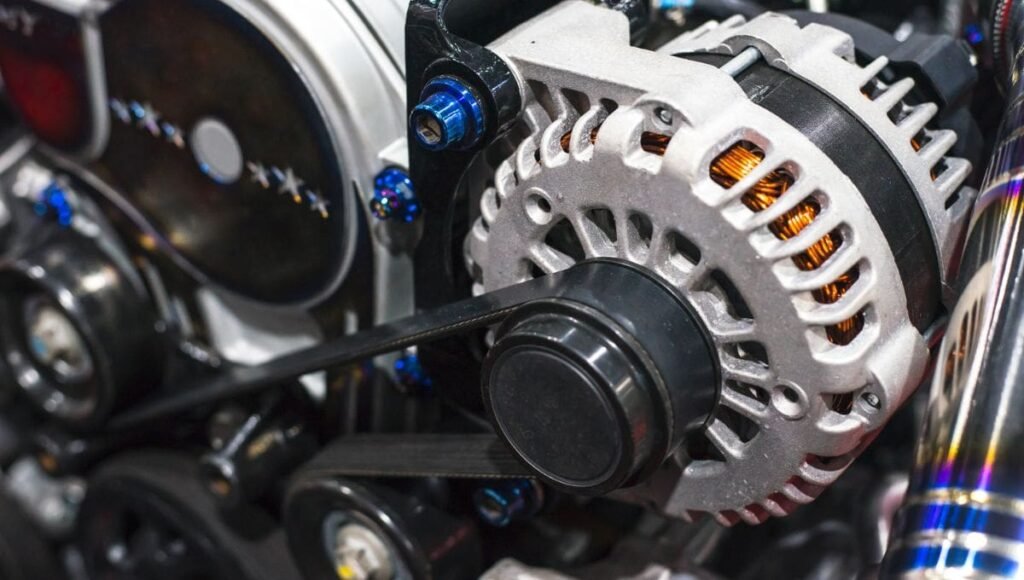
Your car’s battery, alternator, and starter work in tandem to start the engine and keep it running. When any one of these components is compromised, your car may struggle to start or fail to run without a jump.
The Role of a Good Car Battery in Starting Your Vehicle:
A well-functioning car battery provides the necessary voltage and amperage to turn the starter motor, igniting the engine.
If the battery is unable to supply sufficient power or cannot hold a charge, the engine may fail to start. Battery terminals can also corrode over time, impeding the flow of electricity, and resulting in a weak or no-start condition.
How the Alternator Keeps Your Car Battery Charged:
The alternator is responsible for keeping your battery charged while the engine is running. It provides electrical power to your vehicle’s systems and recharges the battery to ensure it’s ready for the next start.
When the alternator is faulty, the battery can drain because it’s not receiving enough charge to remain fully powered.
The Starter Motor’s Job in Igniting the Engine:
The starter motor is what actually gets the engine running by turning the flywheel. If the starter fails or doesn’t receive enough power from the battery, the engine won’t start.
A weak or inconsistent starter motor could mean the car only starts intermittently or requires a jump to get going.
Could the Ignition Switch Be at Fault? What to Know:
The ignition switch triggers the starter motor and initiates the process of starting the car. A malfunctioning ignition switch can cause intermittent starts, often only working when there’s an extra jolt of power provided by a jump-start.
Common Causes When a Car Only Starts with Jumper Cables:
Though the battery may appear to be in good shape, underlying issues can prevent it from functioning correctly without a jump-start. These can range from a weak battery to electrical system issues.
Is the Battery Really Still Good? Signs Your Battery Might Be the Issue:
Sometimes, a battery may test as “good” but still struggle to start your vehicle. If it’s not holding a charge due to internal issues or is suffering from voltage drops, it may still need replacing. Weak or aging batteries can have difficulty maintaining sufficient amperage, even if they appear to work fine.
Bad Alternator Symptoms: When the Alternator Fails to Charge:
When an alternator isn’t working correctly, it can lead to a range of issues, including dim headlights, sluggish performance, and a battery that slowly drains over time. A bad alternator can prevent the battery from receiving a full charge, which may explain why a jump is needed to start the car.
Starter or Starter Motor Issues That Prevent the Car from Starting:
If the starter motor is faulty or inconsistent, it may not crank the engine properly. When the car only starts with a jump, it could be an indicator that the starter isn’t receiving enough power, or it’s nearing the end of its lifespan.
Inspecting the Fuse: How a Blown Fuse Can Affect Starting:
A blown fuse in the starting or charging circuit can prevent sufficient power from reaching the battery, alternator, or starter. Inspecting and replacing a faulty fuse can often restore normal function if it’s disrupting the flow of electricity.
Troubleshooting a Good Battery: Could the Alternator Be the Culprit?
The alternator’s function is crucial to maintaining the battery’s charge and supporting the vehicle’s electrical needs. When it isn’t working properly, even a new battery won’t hold up.
Alternator Problems: How to Recognize Signs of Failure
Signs of a failing alternator include dashboard warning lights, unusual noises from the engine, or flickering interior lights. If your car has trouble staying powered without frequent jumps, these symptoms might indicate a failing alternator that can’t adequately charge the battery.
How to Test the Alternator with a Multimeter:
Using a multimeter, you can measure the alternator’s output by checking voltage levels. A properly working alternator should read between 13.5 and 14.5 volts. Any reading below that range may suggest that the alternator isn’t providing enough power.
Disconnect the Battery Test: Identifying Issues When the Battery Isn’t the Problem
Disconnecting the battery while the engine is running allows you to check if the alternator can support the vehicle on its own. If the engine stalls, it may indicate that the alternator isn’t producing enough voltage to power the car’s systems independently.
Steps to Take if the Alternator Is Bad:
If the alternator fails tests, replacement may be necessary to ensure your battery maintains a proper charge and the car functions correctly. Additionally, checking the serpentine belt that drives the alternator can also reveal issues that may be causing the alternator to fail.
Signs of a Bad Starter and How to Test It:
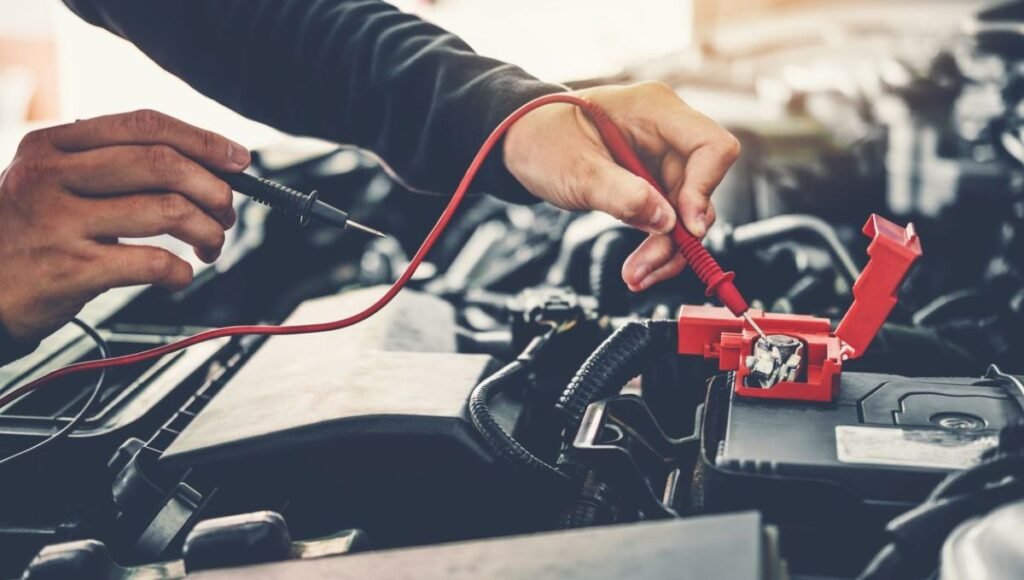
A weak starter motor or relay can often lead to starting issues. Recognizing the symptoms can help you narrow down the problem and get your vehicle running reliably again.
No Crank, No Start: Is the Starter at Fault?
A common sign of a bad starter is a failure to crank the engine. If turning the key results in a clicking noise or complete silence, this could indicate an issue with the starter.
How the Interior Lights and Dashboard Indicators Can Signal Starter Trouble:
Dim or flickering interior lights when attempting to start the car can indicate starter problems. When these lights fade during cranking, it could mean the starter is drawing too much power or there’s an electrical short.
Testing the Starter Relay and Solenoid for Problems:
A failing starter relay or solenoid can interrupt the power flow to the starter motor, resulting in a car that only starts with a jump. Replacing these parts can often solve the issue if they’re found to be at fault.
Starter Motor Clicking? What to Do if It Only Starts with a Jump
A clicking sound often signals that the starter motor isn’t receiving enough power to engage. If this happens consistently, it may be time to replace the starter motor, especially if a jump-start temporarily resolves the issue.
Less Obvious Reasons Your Car Won’t Start Unless Jumped:
If the battery, alternator, and starter appear functional, the cause could be other less obvious issues related to the electrical system.
Wiring and Electrical Connection Issues to Look For:
Loose or corroded battery connections can prevent your car from starting. Ensuring a solid connection and cleaning corrosion off terminals can resolve many no-start problems.
Ignition Switch Failures and What They Mean for Starting:
When the ignition switch malfunctions, it can prevent the starter from engaging fully. This issue can mimic a battery problem, even when the battery is still good.
Corroded Terminals and Loose Connections: Causes of Intermittent Starting
Corroded terminals impede the battery’s connection to the electrical system, making it difficult for the vehicle to start. Regular cleaning of battery terminals can prevent this issue from causing recurring problems.
Could It Be the Security System? When Anti-Theft Systems Interfere:
Modern cars with anti-theft systems may prevent the vehicle from starting if the security system isn’t disarmed properly. Issues with the immobilizer can also lead to starting problems, even if the battery and alternator are in good shape.
Solutions and Next Steps: What to Do When Your Car Only Starts with a Jump
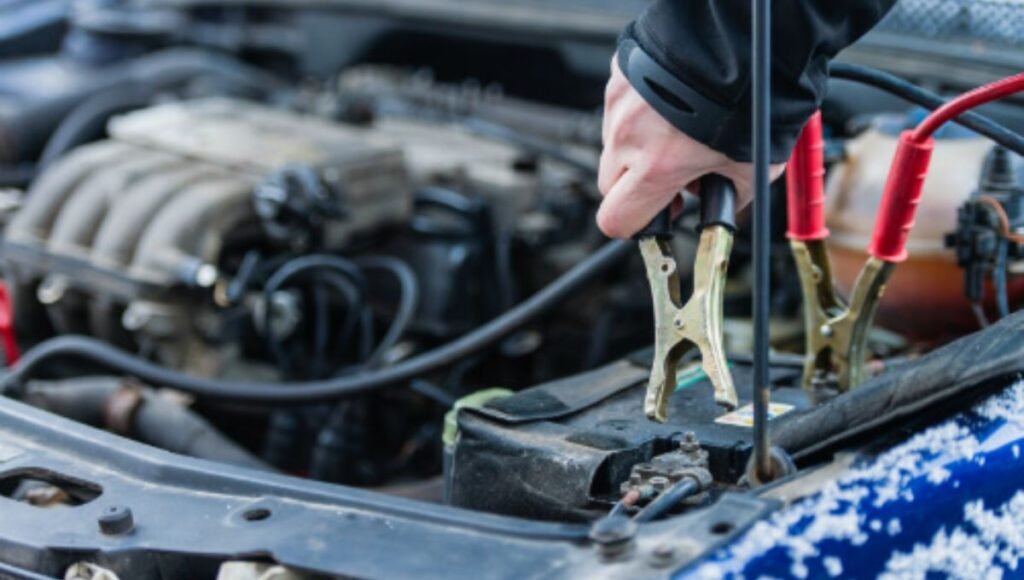
Once you’ve identified the root of the problem, there are several steps you can take to fix it and prevent further starting issues.
How to Safely Jump-Start the Car to Get Moving:
When jump-starting, ensure you use quality jumper cables and connect them to the correct battery terminals. Following the correct steps helps prevent further damage to the battery or electrical system.
When to Replace the Battery, Alternator, or Starter Based on Your Symptoms:
If your troubleshooting points to a specific component, replacing it may be the best course of action. A new battery, alternator, or starter can often resolve the issue and restore your car’s reliability.
Testing and Replacing Fuses that Affect the Starting Circuit:
Checking and replacing faulty fuses that impact the starting and charging systems is a straightforward fix that can resolve many no-start issues.
Calling a Professional: When It’s Time to Get Help
If these steps don’t resolve the issue, it may be time to consult a mechanic. A professional can run diagnostics and pinpoint electrical problems that might be causing the need for repeated jumps.
FAQ’s
1. Why does my car only start with a jump-start even if the battery is good?
A good battery may still fail to start your car without a jump if there’s an issue with the alternator, starter, or electrical system.
2. How can a faulty alternator affect starting?
A faulty alternator may not charge the battery fully, causing it to drain and requiring a jump-start to start the engine.
3. What signs indicate a bad starter motor?
If you hear a clicking noise or experience no crank when turning the key, the starter motor may be faulty and need replacement.
4. Can corroded battery terminals prevent my car from starting?
Yes, corrosion or loose connections at the battery terminals can disrupt electrical flow and prevent the engine from starting.
5. When should I consult a mechanic if my car needs frequent jumps?
If your car repeatedly needs a jump despite troubleshooting, it’s best to consult a mechanic to diagnose possible deeper electrical issues.
Conclusion:
When a car only starts with a jump, even with a good battery, underlying issues may lie in the alternator, starter, or electrical connections. Identifying and addressing faulty components like corroded terminals, a weak starter, or a failing alternator can help restore dependable starting and eliminate the need for frequent jump-starts.
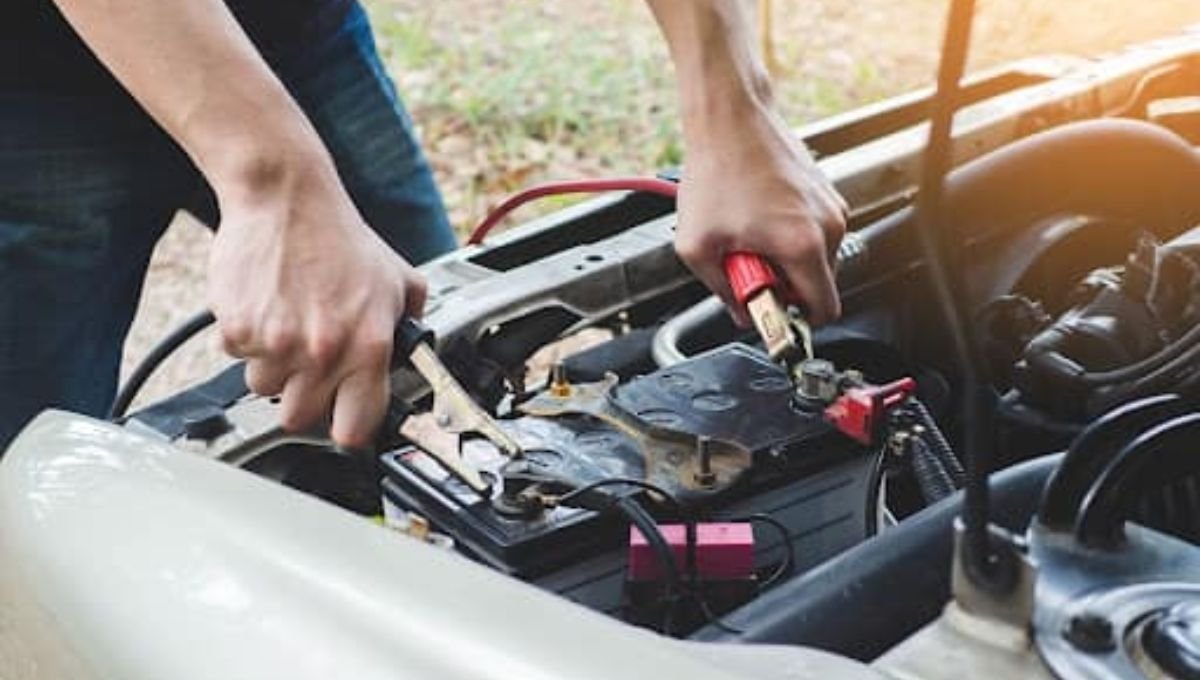

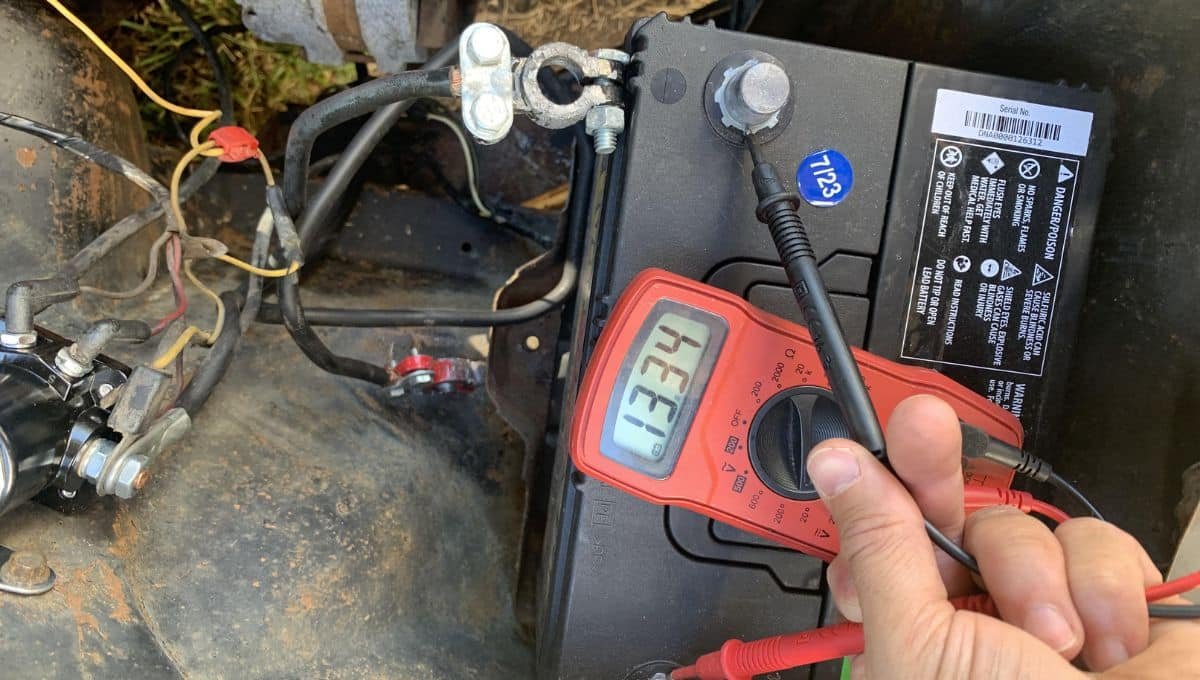
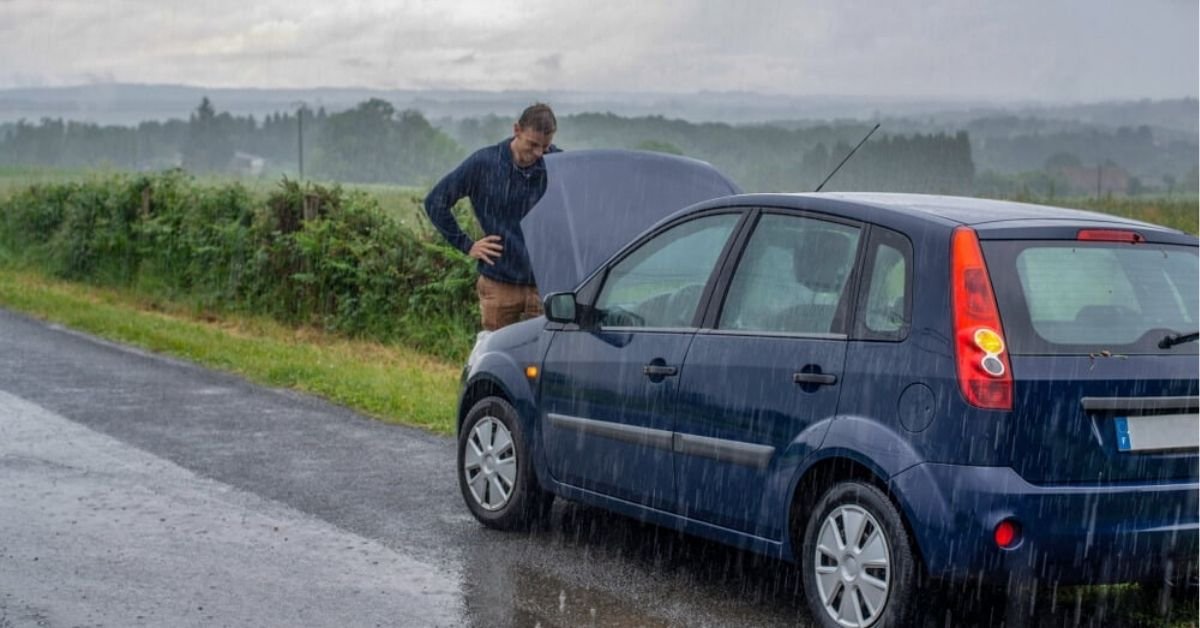

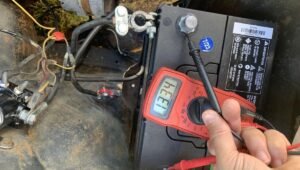


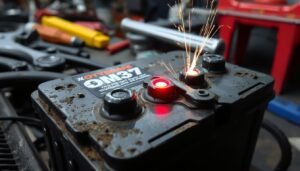

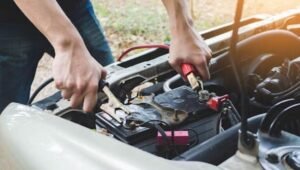
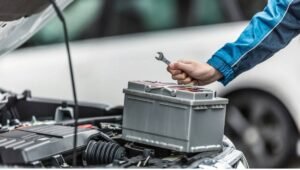
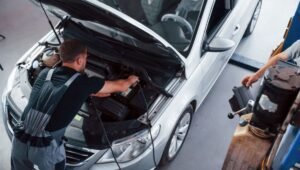
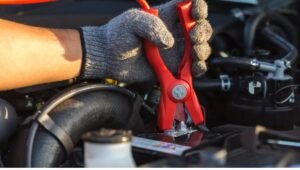
Post Comment